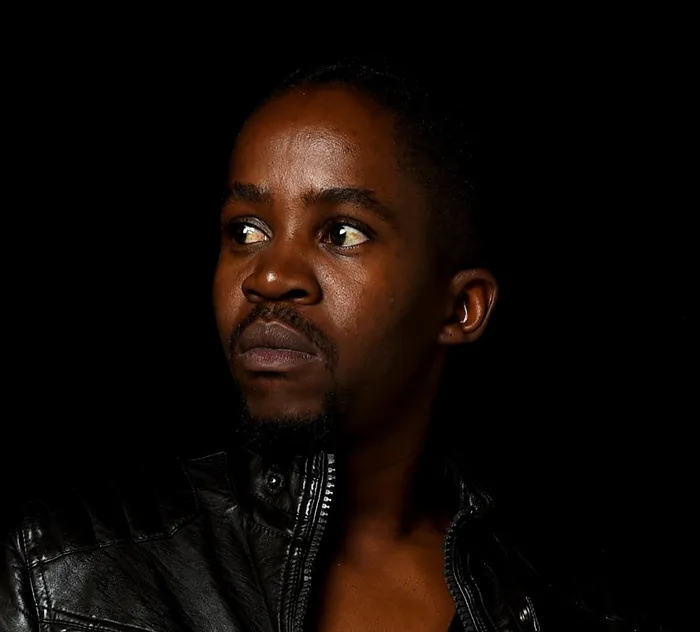Poetic Licence
The price tag feels like a slap in the face
Let’s be clear, the idea of a National Dialogue is commendable. In fact, it’s necessary. We do need to talk. About the land, the state of our democracy. About corruption, inequality, crime, the growing divide between those who govern and those who survive. A country as fractured as ours cannot afford silence.

Rabbie Serumula, author, award-winning poet, journalist. Picture: Nokuthula Mbatha
Image: File Picture
But what we also cannot afford, quite literally, is a R750 million conversation.
That’s the estimated cost of the Presidency’s latest flagship idea of a sweeping, multi-stakeholder National Dialogue meant to help us rebuild social trust. On paper, it sounds promising. In practice, the price tag feels like a slap in the face to communities that can’t even rely on a working tap or textbook.
The hard truth is this: everything the Dialogue aims to achieve could still happen, but at a fraction of the cost. If this government were serious about both inclusion and austerity, it would host this process virtually, or at the very least adopt a virtual-first model that brings people into the conversation without breaking the public purse.
We’ve done this before. During the pandemic, Parliament met online. Ministries held digital briefings. Town hall sessions took place over Zoom. Even community radio and WhatsApp became tools for public engagement. If it worked then, it can work now, especially with the help of mobile network partnerships, community halls turned into local listening stations, and moderated virtual discussions across platforms.
The cost savings from a virtual-first model would be staggering. We’re not just talking about trimming fat, we’re talking about saving hundreds of millions. No flights. No hotel bookings. No catering. No inflated consultancy fees or branded folders. Just people, talking to each other, with the help of technology we already have. And for those in remote areas? Local hubs could be set up in public buildings for real-time participation, still cheaper than chartering thousands of delegates across provinces.
But what’s most alarming isn’t just the amount, it’s the absence of transparency. What’s even more frustrating is how little the public knows about the numbers. Critics, including ActionSA, have pointed out the absence of a procurement plan or even a basic budget outline. For something meant to build trust, it’s all a little too opaque. And in a country still reeling from Digital Vibes, PPE scandals, and ministers flying business class to nowhere, we’ve earned the right to be suspicious.
We are not saying don’t talk. We are saying don’t waste. And don’t insult the people you claim to want to listen to. South Africans are desperate to be heard, but not at the cost of clinics, classrooms, or clean drinking water. Not when we already know how to stretch every cent. If government wants to be taken seriously, it should begin by cutting the budget, cutting the pretence, and hosting a dialogue that is accessible, affordable, and honest. Because we don’t need another summit to prove we are in crisis. We need solutions. And we don’t need a luxury invoice just to speak.
For more political analysis and commentary in vernacular, join the conversation on Rabbie’s YouTube Channel: www.youtube.com/c/RabbieWrote?sub_confirmation=1